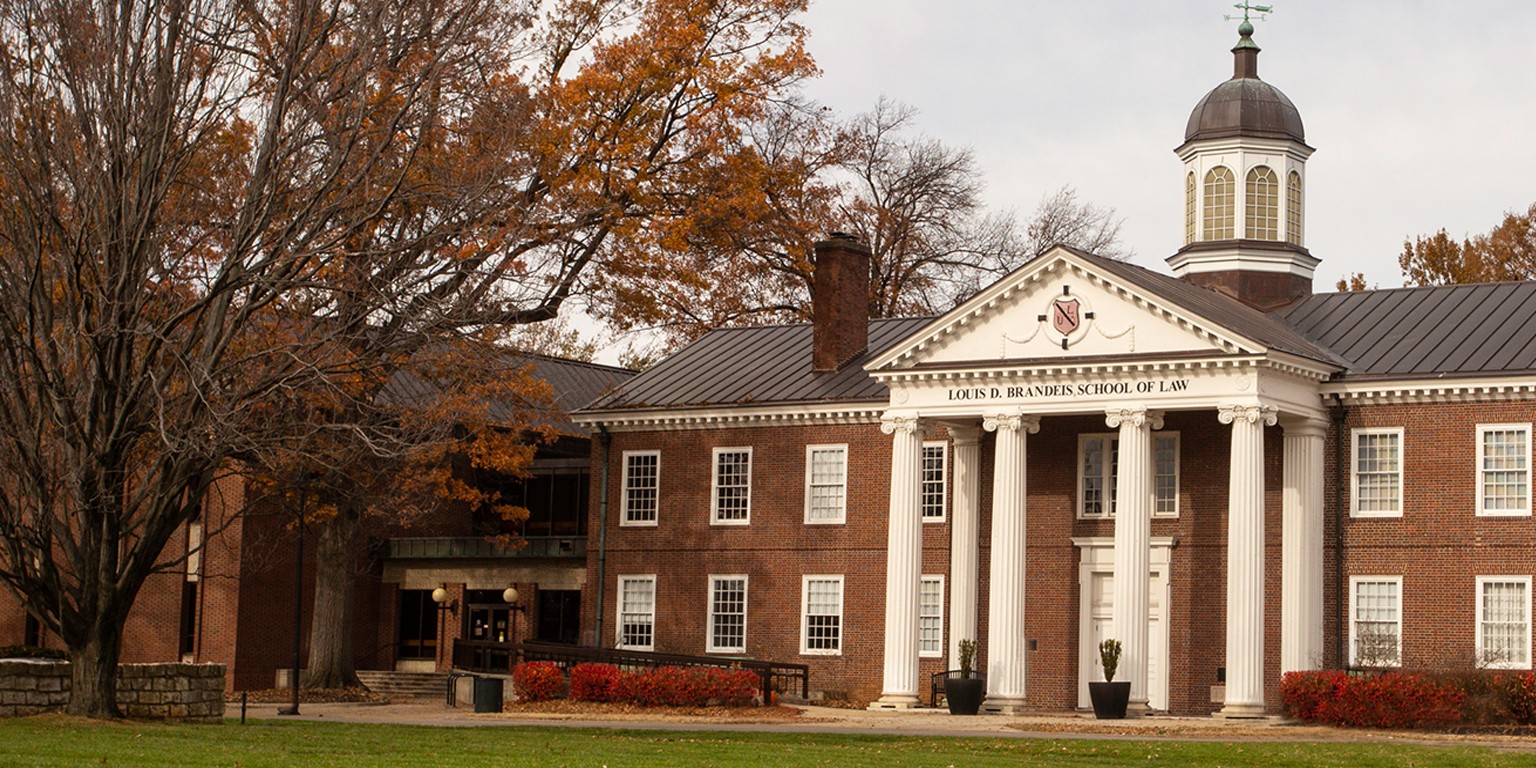 |
| Hey it's a seemingly off-centered (but not really) photo of my law school! |
I was just thinking a bit lately about the future of public interest law and had an idea that probably isn't all that original and probably has various critical flaws that I am not smart enough to figure out. But, since I keep thinking about it I figured I'd just write it up and see what people think.
In summary, we all know the price of law school is now absurd (not to mention undergrad). Most students have to borrow obscene amounts of money to attend, so when they graduate many face pressure to pursue lucrative associate positions in large private firms in order to cope with their loan debt. Public interest loan forgiveness is an option for some but has proven unreliable, plus as I understand the amount forgiven is treated as taxable income which raises additional problems. Loan repayment assistance programs often provide token assistance to students but not seriously assist with large debt loads. So it this continues, legal aid type work could eventually become an almost untenable career option for a high percentage of talented lawyers who would otherwise be motivated to do this work.
Perhaps this problem could be addressed overnight with a Congressional overhaul of higher education funding in the U.S. But on the assumption that is not forthcoming, I posit this alternative: legal aid law school.
There are, of course, hundreds of legal aid programs and other public interest legal programs in the U.S. that serve low-income populations. I presume that, at any given moment, there are more than enough persons employed with those programs perfectly capable of teaching substantially any core law school class and a great range of non-core electives. Indeed, many public interest legal staff teach law school classes already, either as adjuncts or otherwise. This is in addition to any pro bono volunteers or others who might be recruited to provide instruction.
As the shift to primarily- or fully on-line learning during the Covid-19 pandemic has demonstrated, Zoom-style webinars and videoconferences present a substantially adequate, if perhaps inferior, method by which legal instruction could be delivered. Being fully on-line, such instruction poses minimal overhead costs, etc., and can be delivered to a potentially unlimited number of students simultaneously (though some limit may be desirable).
Okay, so here's the idea:
- A group of legal aid programs and other public interest programs come together to establish an on-line law school;
- The classes are taught primarily by staff from the participating programs (as well as pro bono volunteers or other adjacent people); While the programs must absorb staff time costs for instruction and administration, this is spread among such a large group of participating programs that the impact to individual programs is minimized;
- Although the curriculum is focused on training public interest lawyers (perhaps with an intense public service internship component and clinical instruction opportunities), the school offers all the fundamental legal courses (i.e., the "bar subjects," legal writing and research, etc.);
- The instruction is provided free or at very low cost to students. This enables graduates to pursue public interest careers without concern for oppressive loan debt.


No comments:
Post a Comment